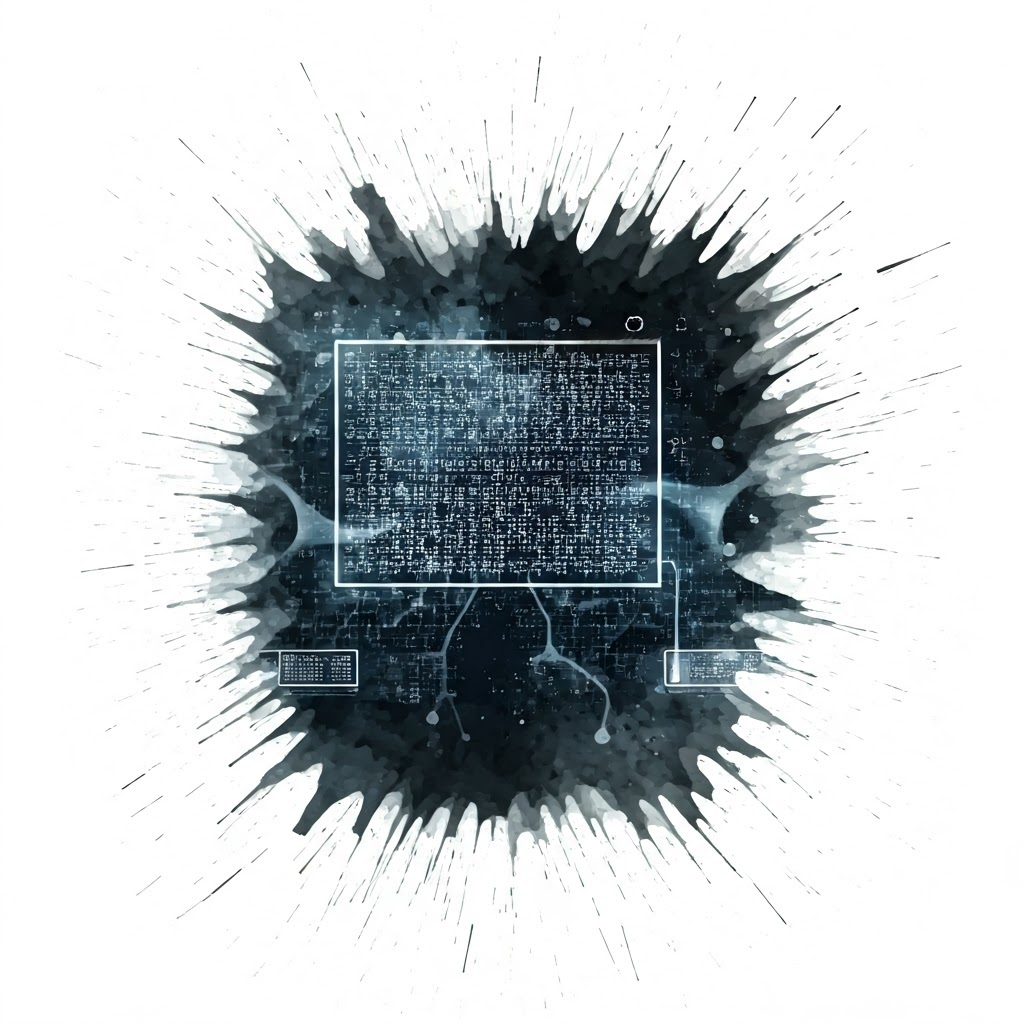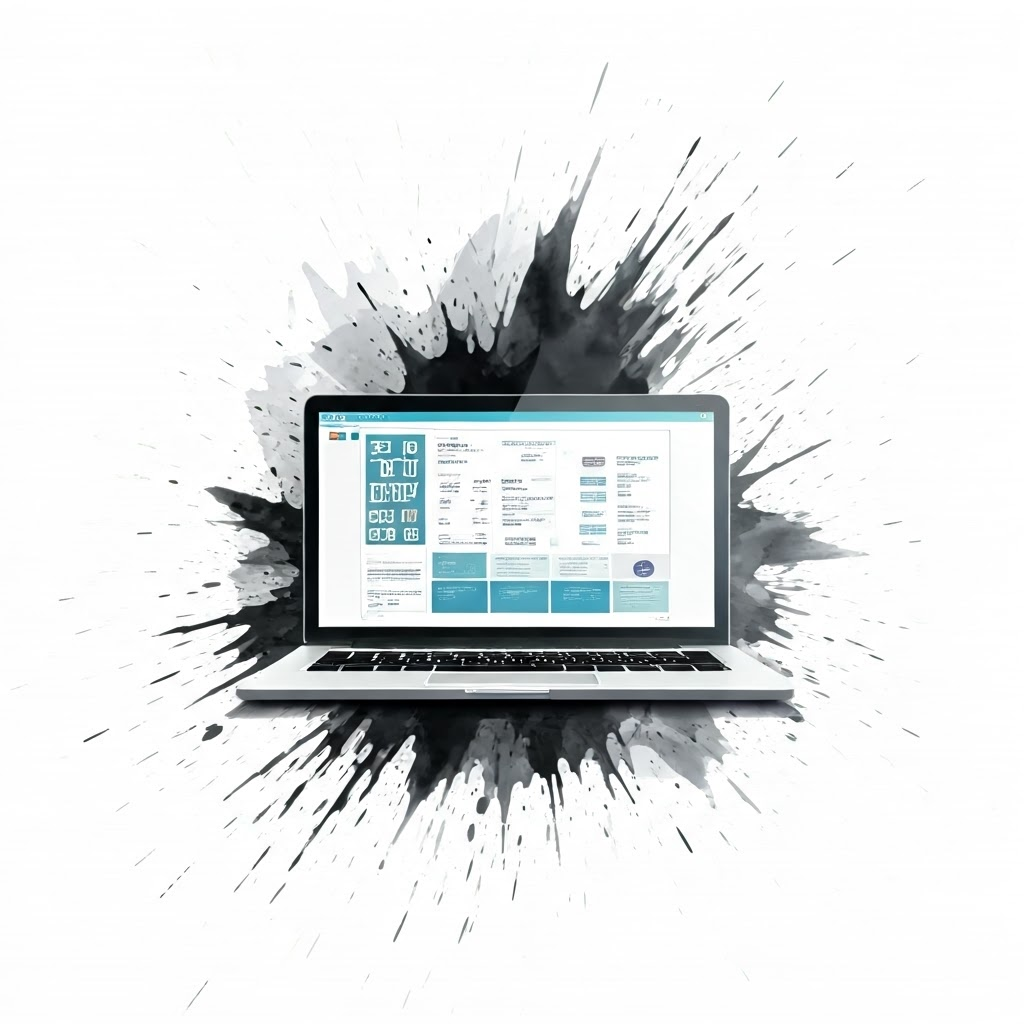The world held its breath (briefly) as ChatGPT, the beloved AI chatbot, took an unexpected nap. For several hours, users around the globe were met with error messages, sparking frustration and a flurry of social media activity. The outage, which also affected OpenAI’s text-to-video platform, Sora, highlighted our growing dependence on AI tools.
- ChatGPT and Sora experienced a multi-hour outage.
- Millions of users were affected globally.
- OpenAI CEO Sam Altman confirmed the restoration of services.
- The incident follows a previous, shorter outage last month.
- The outage coincided with issues affecting Meta’s platforms.
What Happened?
OpenAI, the company behind ChatGPT, reported a global outage impacting ChatGPT and Sora for approximately three hours. Downdetector, a platform that monitors online service disruptions, revealed that 74% of reported issues were related to server connection problems. While the exact cause of the outage remains unclear, OpenAI has assured users they are actively monitoring the situation to prevent future occurrences. This incident comes just weeks after a smaller outage disrupted service for thousands of users.
The Aftermath
OpenAI CEO Sam Altman confirmed the restoration of services with a playful tweet: “We back.” He jokingly offered to become a “mechanical turk” for ChatGPT, highlighting the lighthearted side of the situation. However, users, some still frustrated by the disruption, were quick to remind him of the inconvenience caused. This incident underscores the increasing reliance on AI-powered tools for both personal and professional use. What once seemed like a futuristic novelty has quickly become embedded in our daily routines.
The Bigger Picture
This outage raises important questions about the reliability and stability of AI services. As AI continues to integrate into critical aspects of our lives, even temporary disruptions can have significant consequences. While OpenAI swiftly addressed the issue, it serves as a reminder of the potential vulnerabilities inherent in relying on complex digital systems. With AI rapidly evolving, ensuring the robustness and dependability of these platforms is paramount. This outage also coincided with a widespread disruption of Meta’s platforms, including Facebook, Instagram, and WhatsApp. Though unrelated, it highlights the interconnected nature of our digital world and the cascading impact of technological hiccups. As we become more reliant on AI, it begs the question: what happens when these systems fail?
Looking Ahead
While this incident was a temporary setback, it serves as a valuable learning opportunity. For OpenAI, it emphasizes the need for robust infrastructure and proactive measures to prevent future outages. For users, it underscores the importance of digital literacy and the need to understand the potential limitations of AI tools. As AI becomes ever more prevalent, building resilience and contingency plans will be essential for navigating an increasingly AI-driven future.





